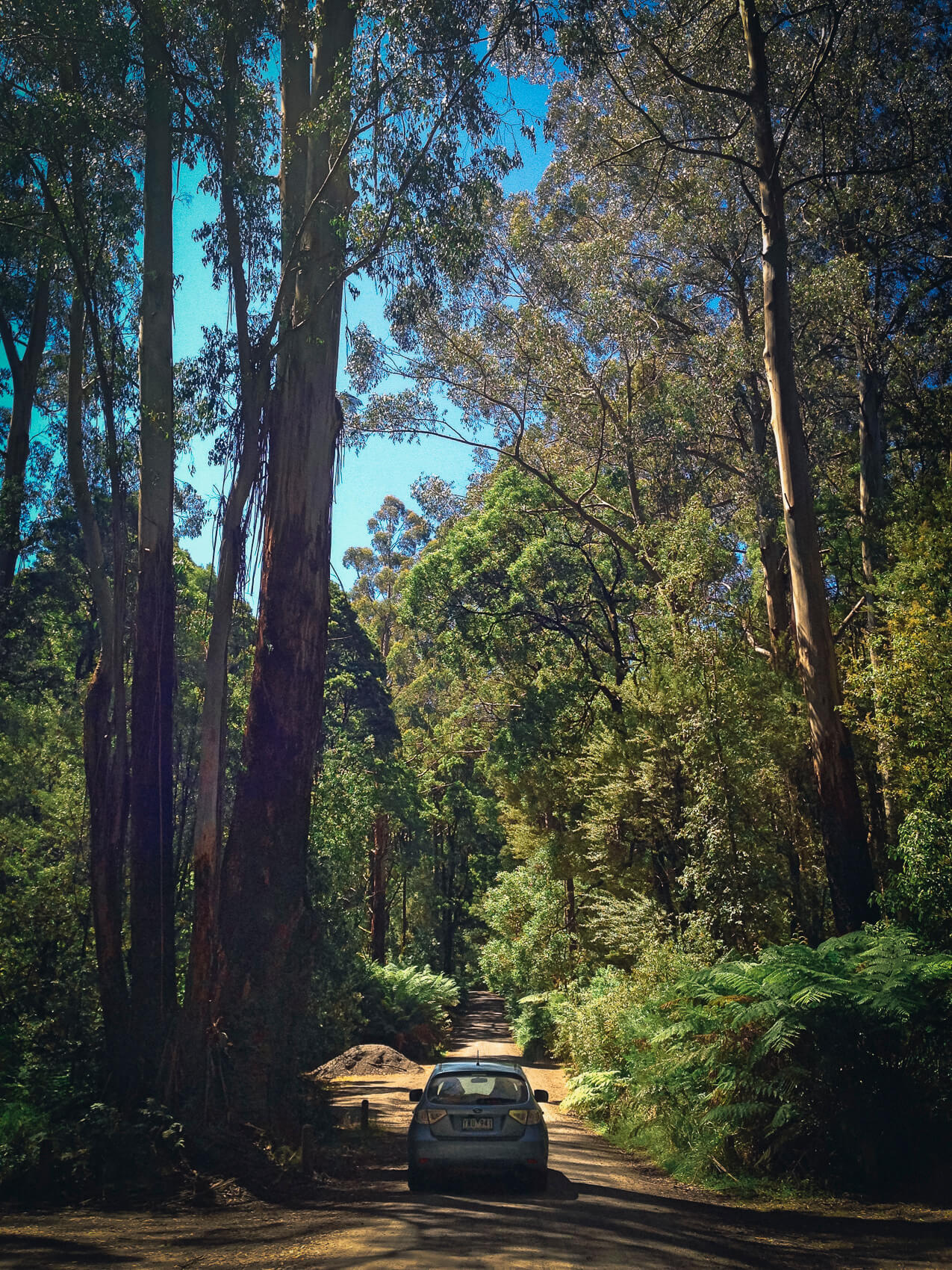It’s hard to believe but it’s been over 10 years since we took that first 5-month trip to India together. And even harder to believe that we’ve been living this nomadic existence together ever since.
And while it’s great to see the digital nomad lifestyle steadily gaining in popularity, and more and more people taking the leap and travelling for longer than a couple of weeks, we’ve actually met very few couples on this path.
The reason is obvious – it’s not easy. It’s not easy to find a partner who wants to move on a regular basis, who wants to go to the same places, who travels in the same way, who is open to the constant change. Being in a relationship is hard enough on its own. Introducing the element of travel creates a whole other level of inevitable discomfort.
Going on vacation is fun – whether you’re solo or with someone. Sipping pina coladas on an exotic beach, escaping the grind for a couple of weeks at an all-inclusive resort – that’s relaxing. Long term travel, however, especially when you have to navigate that journey as a couple, can become challenging very quickly. Travelling, as opposed to vacationing, can push your relationship to the edge. With the constant change and need to adapt, you’re continually being tested, both as an individual and as a couple. And people deal with change, and the stress that can arise from change, in different ways.
Getting to know a person while travelling is pretty much baptism by fire. And there’s no better litmus test for the strength of a relationship. It can be a steep learning curve. But it’s these extra layers of stress, patience, and adaptability that allow for people’s true colours to quickly reveal themselves. And in turn allow for a relationship either to bloom or to fizzle out.Travelling tests your own values as well as your patience. Getting to know someone while travelling takes that relationship stress to the next level.

Here are 9 ways that long term travel can shape and strengthen your relationship:
1. It’s hard to keep secrets.
It’s hard to have secrets when you’re together the majority of the time and are sometimes confined to small spaces (like hotel rooms). In our case, we also shared a phone for a long time, work together, and for the most part, live in the place we work. We’re so used to sharing a phone that even now that we have our own separate phones, we’ll still sometimes pick up each other’s phone. Which makes it very hard to have secrets. And when you don’t have secrets, you’re forced to share everything no matter what that means. Inevitably it means dealing with all the stuff that comes up. Bringing your issues front and centre as they come up mean actually being able to resolve them and move past them.
2. You learn how to take care of each other.
When you travel, especially if it’s slow longterm travel, there’s a chance that one or both of you will get sick. Sometimes very sick. You might even get sick together. You have to quickly figure out what to do. Which can be stressful in a foreign country. You become comfortable with that idea. You become a pro at caring for your sick partner. And it becomes a natural part of your relationship.
3. You become more adaptable and open to change.
And if you don’t, this can be a huge stress on the relationship. Our location changes regularly. And to make that work, we have to be open to the change. Our location choices have been determined by many different factors over the years. Sometimes it’s a work opportunity. Sometimes it’s a desire to learn something new. Whatever the reason, we BOTH have to be ready for the change. And we BOTH have to be willing to adapt to our new surroundings and our change in routine.
4. You accept the hard and work through it.
Travelling can be intense. When the stress gets a hold of you, sometimes things can blow up. Two months into our first long trip in India, we almost broke up because our travel styles were so different. We were at the Ambavilas Palace in Mysore, India – a major tourist attraction in the city. It was a big fight in a public place but somehow we managed to work it out. Issues come up all the time when you’re travelling. When you’re stuck in a hard place in the middle of nowhere, you work things out. And if you can’t, it becomes pretty clear if it’s time to end things.
5. You talk to each other. A lot. In fact, you talk about everything a lot.
When you travel, you spend most of your time together – doing things together, planning and talking about the day. When you travel for long periods of time, you spend a lot of time talking. The nature of living nomadically means we’re together all the time. And, depending on where we are, there might not be anybody else to talk to. We talk about everything – while we’re on the road, while we’re eating, while we’re working. And when the going gets tough, we talk it out. Until it’s resolved.
6. You learn how to pay attention and really listen to each other.
Because of the amount of time you spend together and amount of time you spend talking to each other, you also really know how to pay attention and listen to each other. If you don’t learn the art of listening to your partner, the one-sidedness of the conversation gets tired really fast.
7. You know know each other inside out.
When you travel together, everything is revealed very quickly. The dark side. Every single annoying habit. It’s hard to hide behind any kind of perfect version of yourself for very long. And you can either choose to accept and love all those parts of your partner. Or not. But either way, you get to know each other very well, very fast.
8. No judgment. Or at least very little judgment.
Knowing someone that well, for it to work, and especially while travelling, you’ve got to put judgement aside. For your sanity and theirs. You’ve got to let that person be who they are. Maybe they’ll change. But you can’t force that change. Change has to come from them. You can only work on yourself.
9. You have a bestie for life.
Ok this might be a bit of hyperbole. But seriously, when you travel with someone who knows you and doesn’t judge you, bares their soul to you, listens to you, and knows how to take care of you, you’ve found your best friend. When you’ve shared deep and intense experiences and come out of challenging situations with renewed strength as individuals and as a couple, you’ve found your life partner.
This isn’t to say that people who don’t travel don’t have these elements in their relationship. But a nomadic lifestyle highlights the parts of a relationship that may more easily remain hidden when the stress of travel doesn’t exist. It fast tracks a relationship and you either part ways or you continue to grow together.
When you’re always changing locations, sometimes all you have is each other. When the only constant in your life is another person, you quickly know whether or not you want to continue spending time with this person.
It’s not to say that everyone should test their relationship by heading off to some exotic local for a month, or two, or three. But if you want to know what someone’s really like, travel with them. If you want to know if you’re compatible with someone, travel with them.
That month-long backpacking trip through Southeast Asia, Europe or South America is an amazing way to really get to know someone – the good, the bad and the ugly. And it’s a pretty good sign if, after all those months on the road, you’re planning the next big trip. Together.
Until next time,
![]()

YOU MIGHT ALSO LIKE…
Argentina: Off the beaten path in San Juan and La Rioja
A cordillera road trip in photos Argentina’s back country between San Juan and La Rioja is a cross between Mad Max badlands and the surface of Mars.
read moreDigital Fatigue? Disconnect to Reconnect
A few months ago, we were having dinner at a restaurant in Cusco just down the street from our house…
read more


It’s been a while since I’ve been on your website. (I thought it was Shane that wrote the article) but then I checked again :). Great article. I’m an ‘alone’ travella’ – I guess I change my mind a lot and sometimes my decisions are uncomfortable, even for myself. Great to follow you and Shane. Thanks for the articles and inputs.